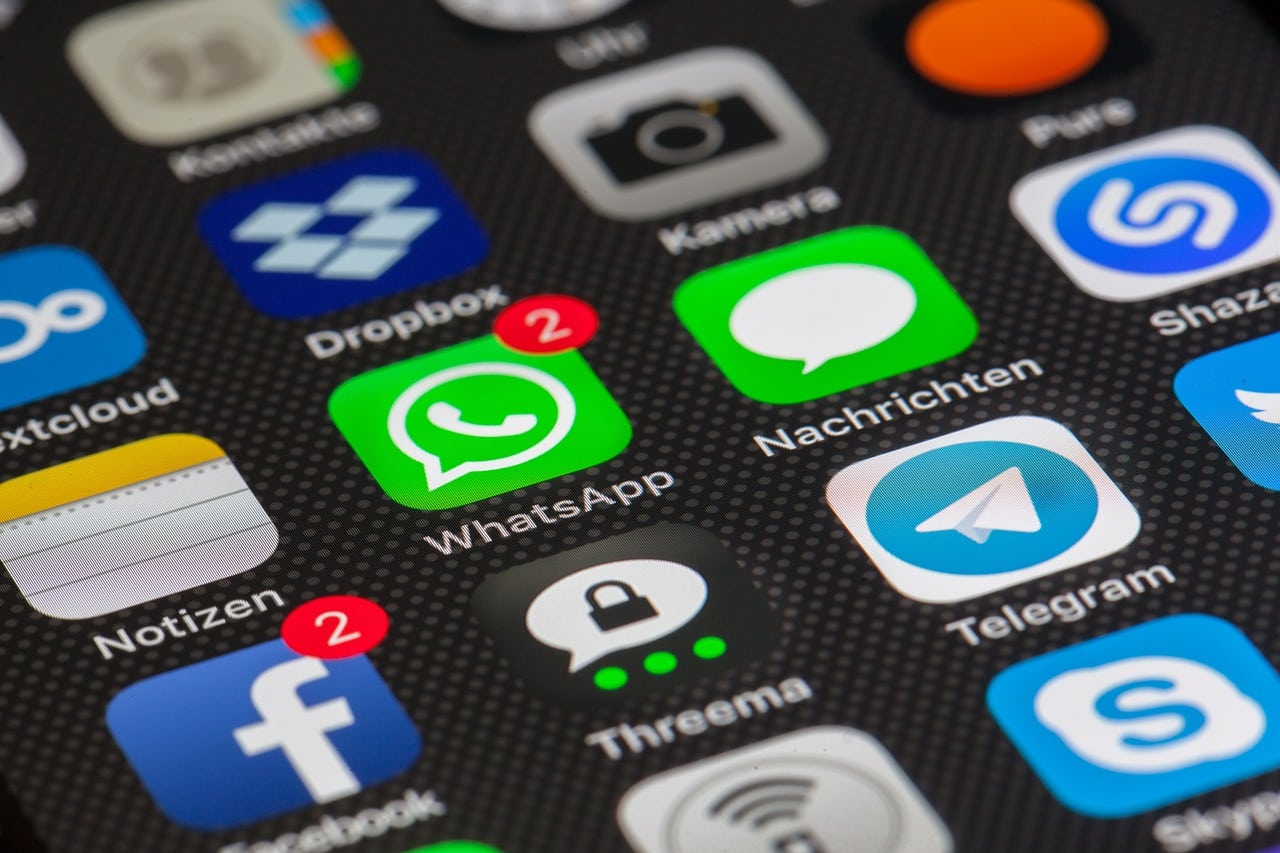How Is Machine Learning Used in Smartphones to Enhance User Experience and Efficiency?

In this digital age, smartphones are increasingly becoming the lifeline of users around the globe. The proliferation of these devices has opened up a world of possibilities for businesses in terms of customer reach and engagement. From waking up to an alarm, tracking daily workouts, to making online purchases, smartphones have seamlessly integrated into our lives. But did you know that every interaction, every click, every swipe you make on your mobile phone is a wealth of data? This is where machine learning, a subset of artificial intelligence, comes into play.
Machine learning (ML) is a technology that uses algorithms and mathematical models to make predictions, decisions, or recommendations based on data. It’s the tech behind the personalized recommendations on Netflix, the accurate weather predictions on your weather app and the reason why Siri or Google Assistant seems to know exactly what you want. In this article, we will delve into how machine learning is used in smartphones to enhance user experience and efficiency.
Lire également : Discover the excitement of mystery box live experiences
The Power of Machine Learning on Your Phone
Imagine this: you pick up your phone in the morning, and it already knows what you are going to do. It has your favourite news app open, your coffee order ready for pickup and your favourite playlist queued up. This might sound like science fiction, but it’s increasingly becoming a reality, thanks to machine learning.
Machine learning isn’t just a buzzword in the tech world; it’s a fundamental aspect of how smartphones work today. At its core, machine learning allows your smartphone to “learn” from your behaviours and preferences over time, making it smarter and more personalized.
En parallèle : What Innovations in Voice Recognition Technology Are Enhancing User Interfaces Across Devices?
Understanding Your User: The Role of Data
In order to deliver the best user experience, app developers need to understand who their users are and how they interact with their apps. This is where data comes in. By tracking users’ interactions with an app, developers can gather a wealth of information about user behaviour, preferences, and trends.
This data isn’t just a bunch of numbers; it’s a goldmine of insights that can help developers improve the app, fix bugs, and make it more user-friendly. Machine learning algorithms can analyze this data and identify patterns that might not be obvious to the human eye. For example, if users tend to abandon the app after reaching a particular screen, machine learning can help identify this and suggest improvements to enhance the user experience.
The Future of Mobile App Development
The future of mobile app development is undoubtedly tied to machine learning. As technology evolves, we can expect to see more and more machine learning features integrated into our everyday apps, making our smartphones smarter and more efficient.
Machine learning can help in the predictive analysis of user behaviour, making it possible for apps to anticipate what users will do next and offer personalized suggestions. This can dramatically improve the user experience by making apps more intuitive and user-friendly.
Furthermore, machine learning can significantly enhance the security of mobile apps. By learning normal user behavior, machine learning algorithms can detect unusual activity that could indicate a security threat, providing an additional layer of security.
The Impact of Machine Learning on User Experience
The primary goal of any app developer is to create an app that users love. One of the key factors that contribute to an app’s popularity is its user experience. Users want apps that are easy to use, intuitive, and offer a personalized experience. And this is exactly where machine learning shines.
Machine learning can analyze a user’s behaviour and preferences, allowing the app to adapt to the user’s needs and provide a customized experience. Whether it’s recommending a song based on listening habits, suggesting a product based on previous purchases, or adjusting the user interface based on the user’s interaction patterns, machine learning can significantly enhance the user experience.
In conclusion, the impact of machine learning on smartphones and app development cannot be overstated. As we move further into the digital age, we can expect machine learning to play an even more significant role in shaping our smartphone experience, making our devices more personalized, efficient, and secure.
The Integration of Machine Learning in Mobile Technology
The world of mobile technology is rapidly advancing, with machine learning playing a significant role in this evolution. Machine learning algorithms analyze vast amounts of user data to provide real-time, personalized experiences. This intelligent processing of data helps in enhancing user experience and efficiency.
Consider the role of machine learning in natural language processing (NLP). NLP, an aspect of artificial intelligence, is what enables our smartphones to understand, interpret, and respond to human language. Siri, Google Assistant, and Alexa all use machine learning algorithms for NLP, allowing them to learn from past interactions, understand the context, and provide relevant responses.
Furthermore, these voice assistants use machine learning to adapt to the user’s voice, vocabulary, and syntax over time. This adaptability results in a more accurate and personalized user experience. Machine learning algorithms also play a vital role in real-time translation apps, enabling them to provide accurate translations instantly, thereby breaking language barriers and enhancing communication.
Machine learning is also central to how your smartphone camera operates. It powers features like face detection, auto focus, and scene recognition. By analyzing millions of image samples, machine learning algorithms can recognize a face in a photo, optimize camera settings based on the scene, and even apply the perfect filter for your selfie.
When it comes to mobile games, machine learning is revolutionizing the gaming experience by creating adaptive gaming environments, personalized gaming experiences, and even learning player behavior to create more challenging and engaging gameplay.
Conclusion: Machine Learning – Powering the Future of Smartphones
In conclusion, machine learning is not just an add-on feature in smartphones; it’s one of the core technologies driving the mobile industry today. From enhancing user experiences to increasing efficiency, machine learning is transforming the way we interact with our mobile devices.
Looking ahead, it’s clear that mobile app development will continue to leverage machine learning to deliver more intelligent, personalized, and user-friendly apps. We can expect to see more advanced features like real-time language translation, smart home device integration, context-aware notifications, and even health monitoring, all powered by machine learning.
On the security front, machine learning can provide proactive protection by identifying irregular patterns in user behavior and offering real-time threat detection. This will make our smartphones not only smarter but also more secure.
The impact of machine learning on our mobile phones is profound. It’s changing the way we communicate, entertain, work, and live. As we continue to push the boundaries of what’s possible with machine learning, we can look forward to an even more powerful, personalized, and efficient mobile experience in the future. The potential of machine learning is vast and we are just scratching the surface. The smartphone in your hand is not just a device; it’s a testament to the remarkable advancements in machine learning and artificial intelligence.
